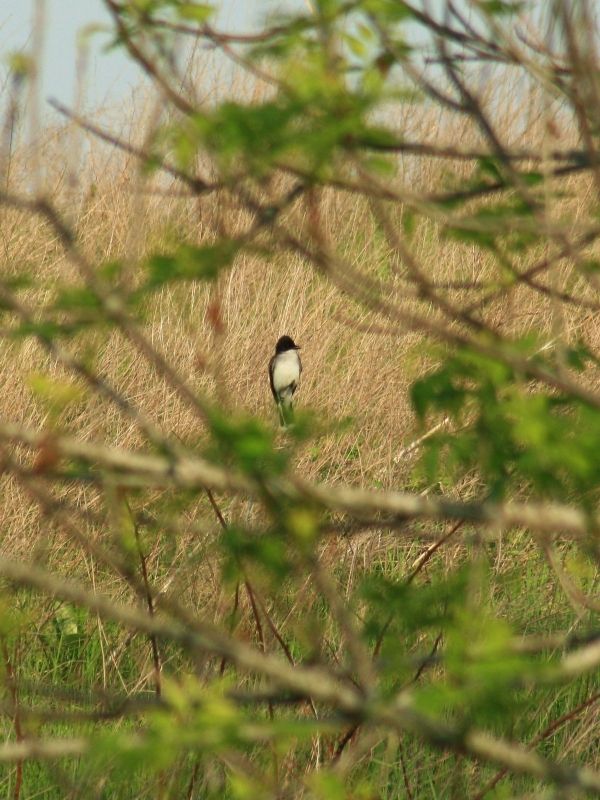An analysis by Oak Ridge National Laboratory showed that using less-profitable farmland to grow bioenergy crops such as switchgrass could fuel not only clean energy, but also gains in biodiversity.
Researchers examined segments of land in the Midwest responsible for a loss of approximately $110 million per year from 2013 to 2016. If about 3% of those areas were converted to switchgrass, they could generate about 7.6 million dry tons per year of plant material for use in biofuels and bioproducts.
Growing native grasses could also help birds, increasing species diversity by up to 8% according to models developed by ORNL’s Jasmine Kreig.
Continue reading at Oak Ridge National Laboratory
Image via Oak Ridge National Laboratory


